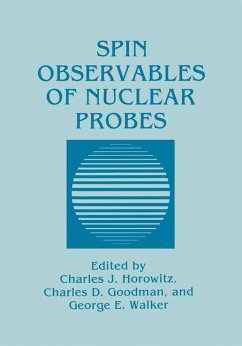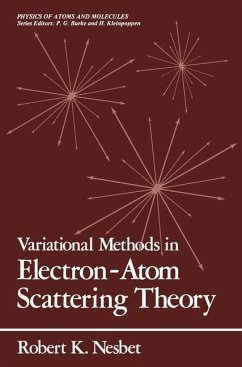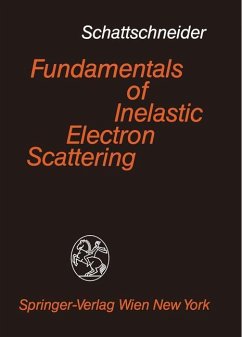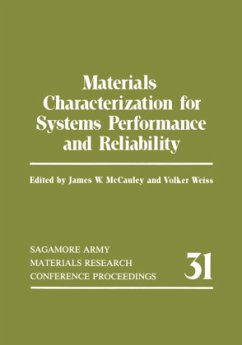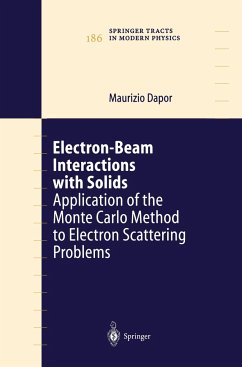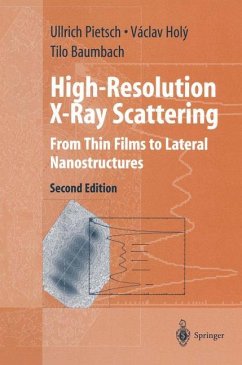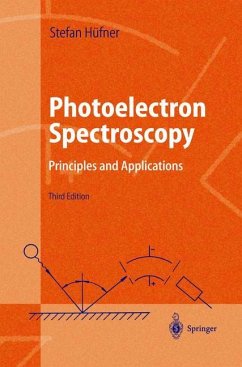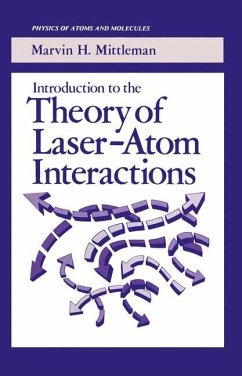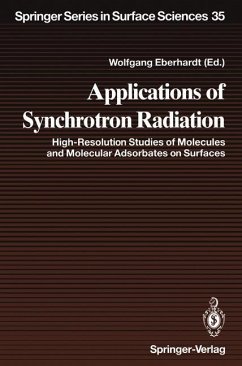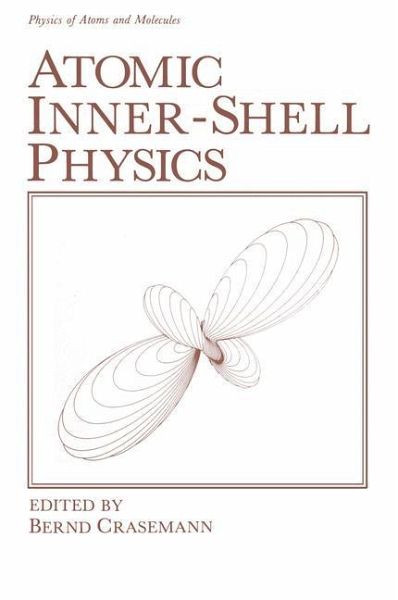
Atomic Inner-Shell Physics

PAYBACK Punkte
39 °P sammeln!
The physics of atomic inner shells has undergone significant advances in recent years. Fast computers and new experimental tools, notably syn chrotron-radiation sources and heavy-ion accelerators, have greatly enhan ced the scope of problems that are accessible. The level of research activity is growing substantially; added incentives are provided by the importance of inner-shell processes in such diverse areas as plasma studies, astrophysics, laser technology, biology, medicine, and materials science. The main reason for all this exciting activity in atomic inner-shell physics, to be sure, li...
The physics of atomic inner shells has undergone significant advances in recent years. Fast computers and new experimental tools, notably syn chrotron-radiation sources and heavy-ion accelerators, have greatly enhan ced the scope of problems that are accessible. The level of research activity is growing substantially; added incentives are provided by the importance of inner-shell processes in such diverse areas as plasma studies, astrophysics, laser technology, biology, medicine, and materials science. The main reason for all this exciting activity in atomic inner-shell physics, to be sure, lies in the significance of the fundamental problems that are coming within grasp. The large energies of many inner-shell processes cause relativistic and quantum-electrodynamic effects to become strong. Unique opportunities exist for delicate tests of such phenomena as the screening of the electron self-energy and the limits of validity of the present form of the frequency-dependent Breit interaction, to name but two. The many-body problem, which pervades virtually all of physics, presents somewhat less intractable aspects in the atomic inner-shell regime: correlations are relatively weak so that they can be treated perturbatively, and the basic potential is simple and known! The dynamics of inner-shell processes are characterized by exceedingly short lifetimes and high transition rates that strain perturbation theory to its limits and obliterate the traditional separation of excitation and deexcitation. These factors are only now being explored, as are interference phenomena between the various channels.





